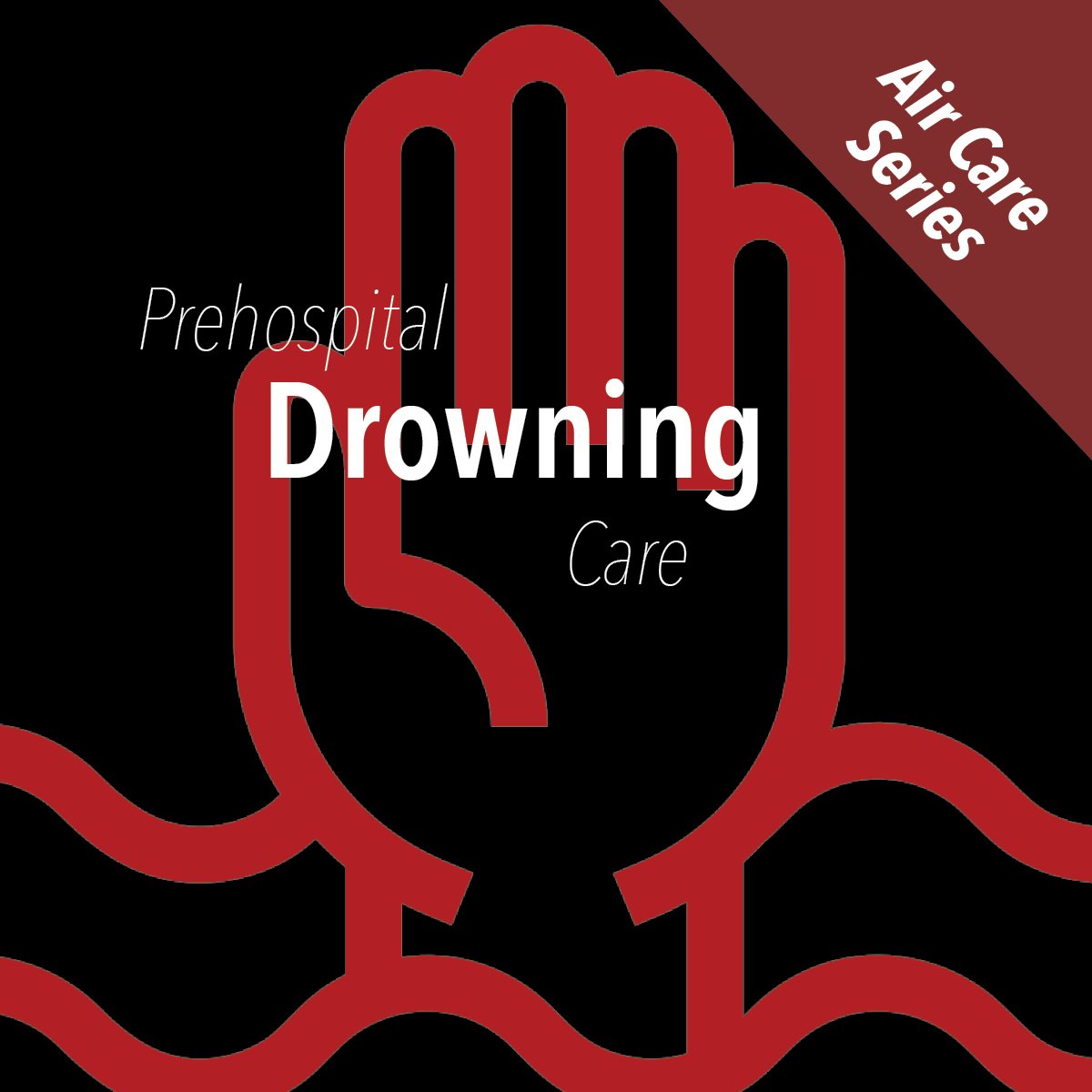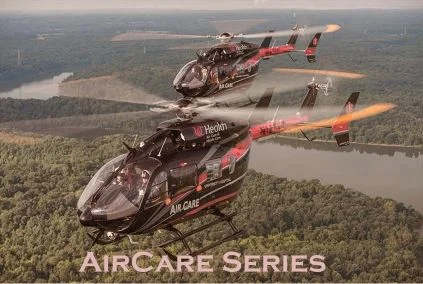As a general rule, mechanical ventilation of obese patients is more complex and difficult than in those with a normal body habitus. Obese patients have decreased chest wall compliance due to increased truncal adiposity, amongst other factors. They are also predisposed to other comorbidities that can lead to more involved physiologic challenges.
Critical Care Transport teams commonly transport patients who are intubated and mechanically ventilated. These patients are intubated for a variety of reasons, from altered mental status to hypercapnea to hypoxia. One of the more common challenges we face in our patients who are mechanically ventilated is difficulty with oxygenation – whether the patient is suffering primary or secondary hypoxemic respiratory failure.
Read More


















